The art of teaching important lessons through simple stories is ancient, dating back to the beginnings of civilization. From Aesop’s fables to modern tales, these stories impart wisdom in an easy-to-digest format. While children’s stories are often seen as mere entertainment, some contain powerful lessons for readers of all ages. Important issues don’t always need complicated words; sometimes, direct simplicity is profoundly effective. Here are ten children’s books that speak volumes.
Where the Wild Things Are – Maurice Sendak
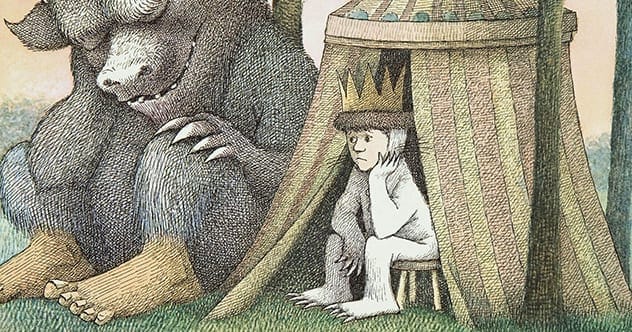
Where the Wild Things Are is a beloved classic, adapted for stage and screen, and a favorite of many, including Barack Obama. Its acclaim stems from the powerful message hidden within Maurice Sendak’s simple words and illustrations.
The story follows Max, a rebellious boy called a ‘wild thing’ by his mother. Banished to his room, he journeys to a land of fearsome creatures, the Wild Things. This role reversal explores growing up and the parent-child dynamic. Max returns home, missing his mother’s love, illustrating that rebellion is part of growing up and parental love exists alongside punishment. Initially criticized for being too scary, the book’s enduring appeal proves its profound impact.
The Butter Battle Book – Dr. Seuss
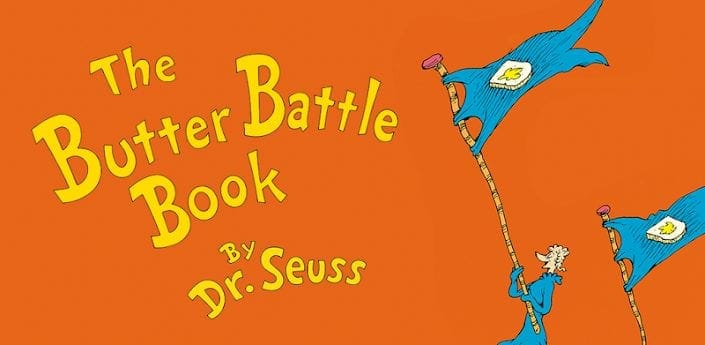
Dr. Seuss, the pen name of Theodor Griesel, is famous for rhyming tales that are often allegories for adult issues. The Butter Battle Book is a prime example, depicting the conflict between the Yooks and Zooks, identical races distinguished only by their buttering preferences.
This is a clear parallel to the Cold War arms race, as the Yooks and Zooks escalate their weaponry in a senseless conflict. The story insightfully portrays the futility of war and how it surpasses its initial cause. It also critiques discrimination, showing how we judge based on minor differences. Dr. Seuss effectively conveys these weighty themes in an amusing children’s book.
Alexander and the Terrible, Horrible, No Good, Very Bad Day – Judith Viorst
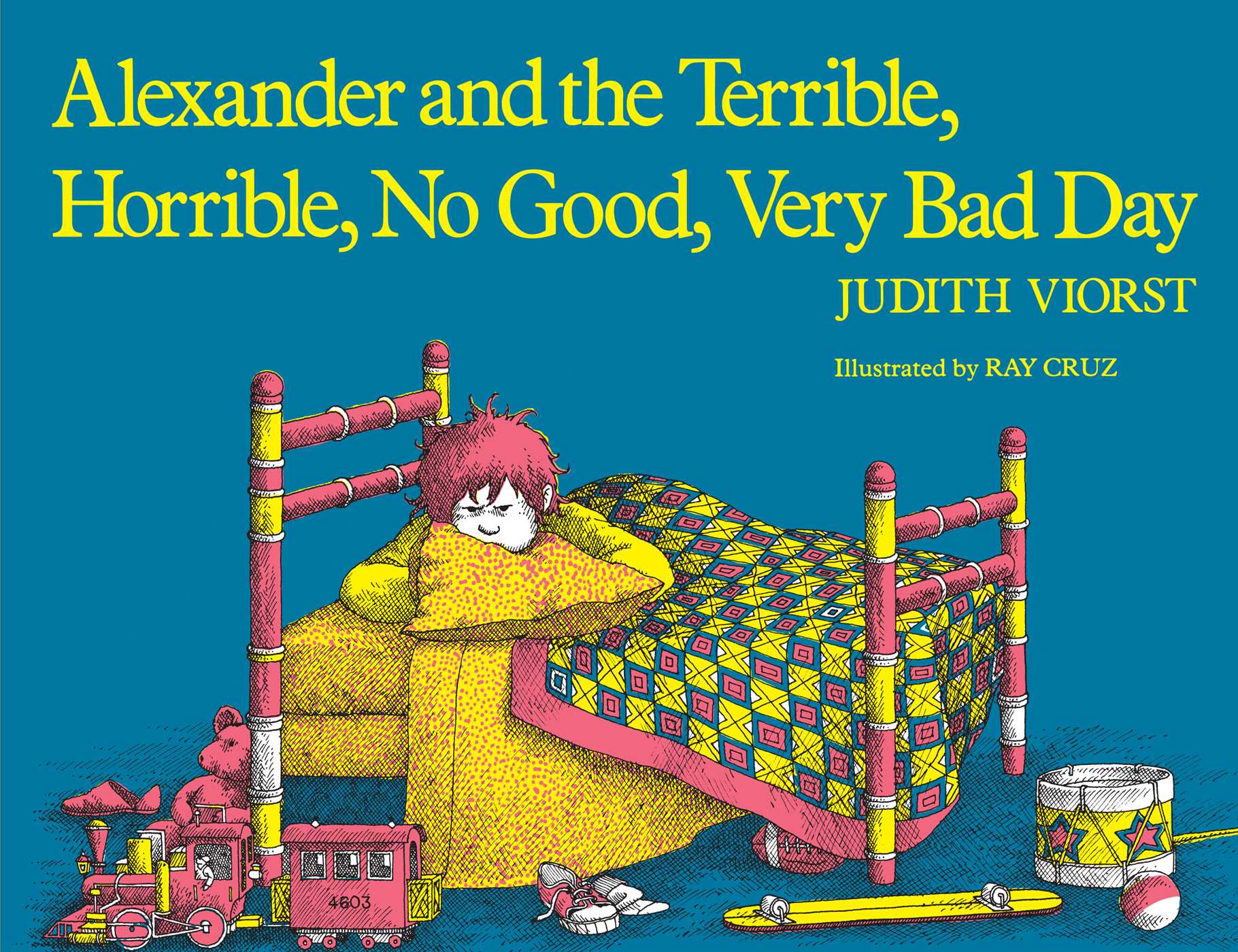
Everyone can relate to having a terrible, horrible, no good, very bad day. Judith Viorst’s story teaches that bad days are a part of life and they pass. The message is that difficult times are survivable, a lesson that’s powerful in a children’s context.
Alexander’s challenges, though seemingly trivial, represent the daily struggles we all face. His responses explore fight or flight, envy, and dealing with consequences. The story concludes with Alexander realizing that some days are just bad. It offers hope and perseverance, reminding us that we can survive adversity.
Love You Forever – Robert Munsch
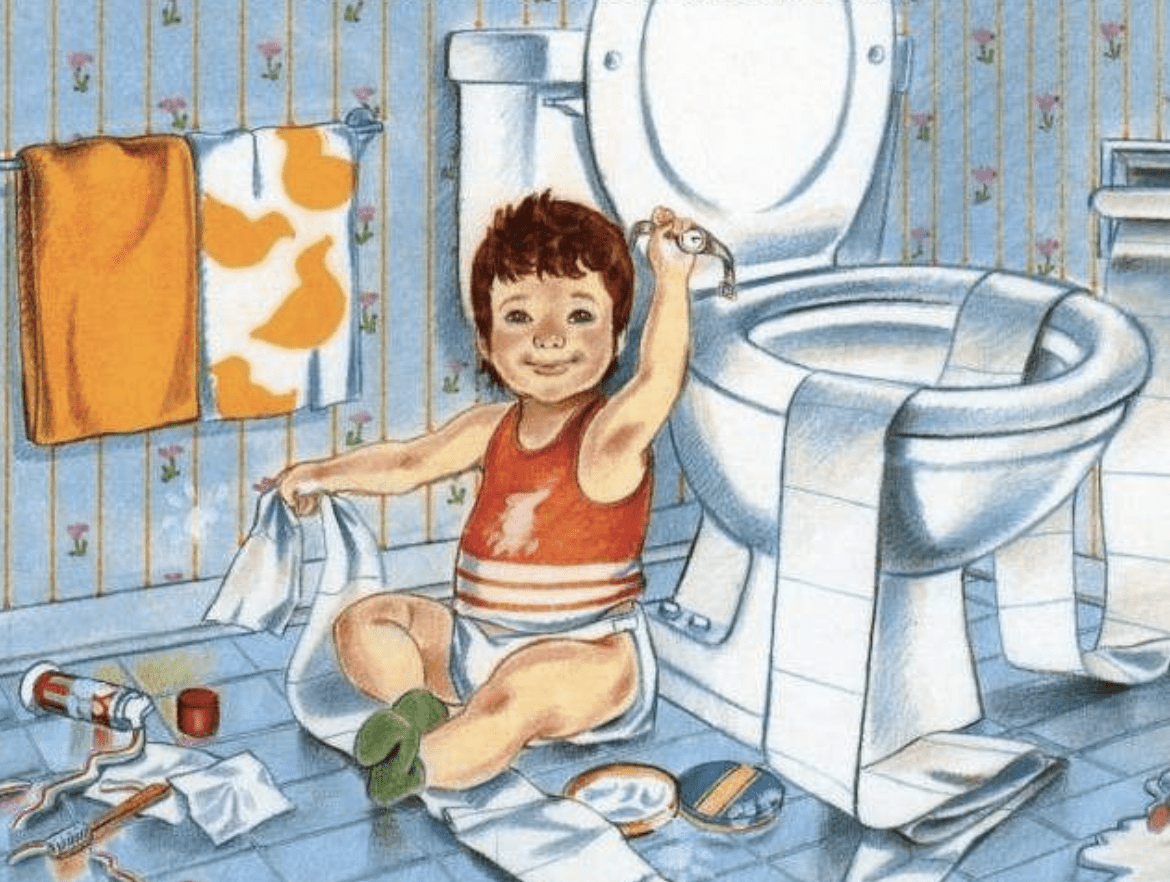
Robert Munsch channeled personal tragedy into Love You Forever, a poignant story about a mother’s timeless love. The simplicity with which the message is conveyed makes it incredibly powerful.
The story shows a mother comforting and singing to her son throughout his life. Eventually, the son comforts and sings to his aging mother. The theme is unconditional parental love and reciprocity—how we give back what we received as children. Munsch wrote the book while grieving the loss of his stillborn children, and that raw emotion resonates in every word.
The Missing Piece Meets the Big O – Shel Silverstein
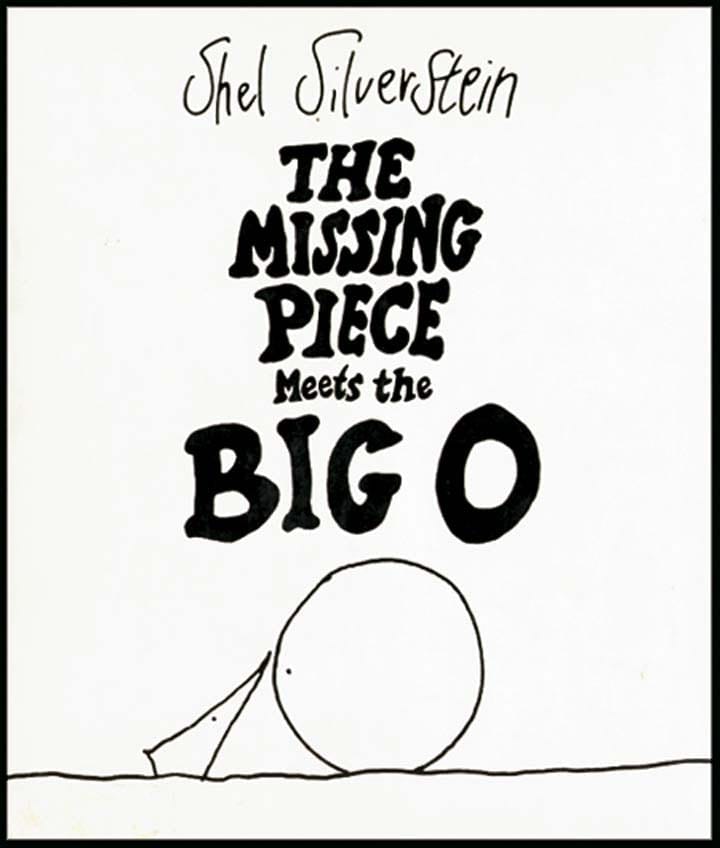
Shel Silverstein had a unique talent for embedding profound messages in children’s stories. Like The Giving Tree, The Missing Piece Meets the Big O is a simple tale with a powerful message.
The story follows a lonely wedge searching for a piece to complete it. This reflects the universal need to belong and find a perfect match. The wedge learns it can smooth its rough edges and become complete on its own. This metaphor emphasizes self-sufficiency and personal growth.
The Velveteen Rabbit – Margery Williams
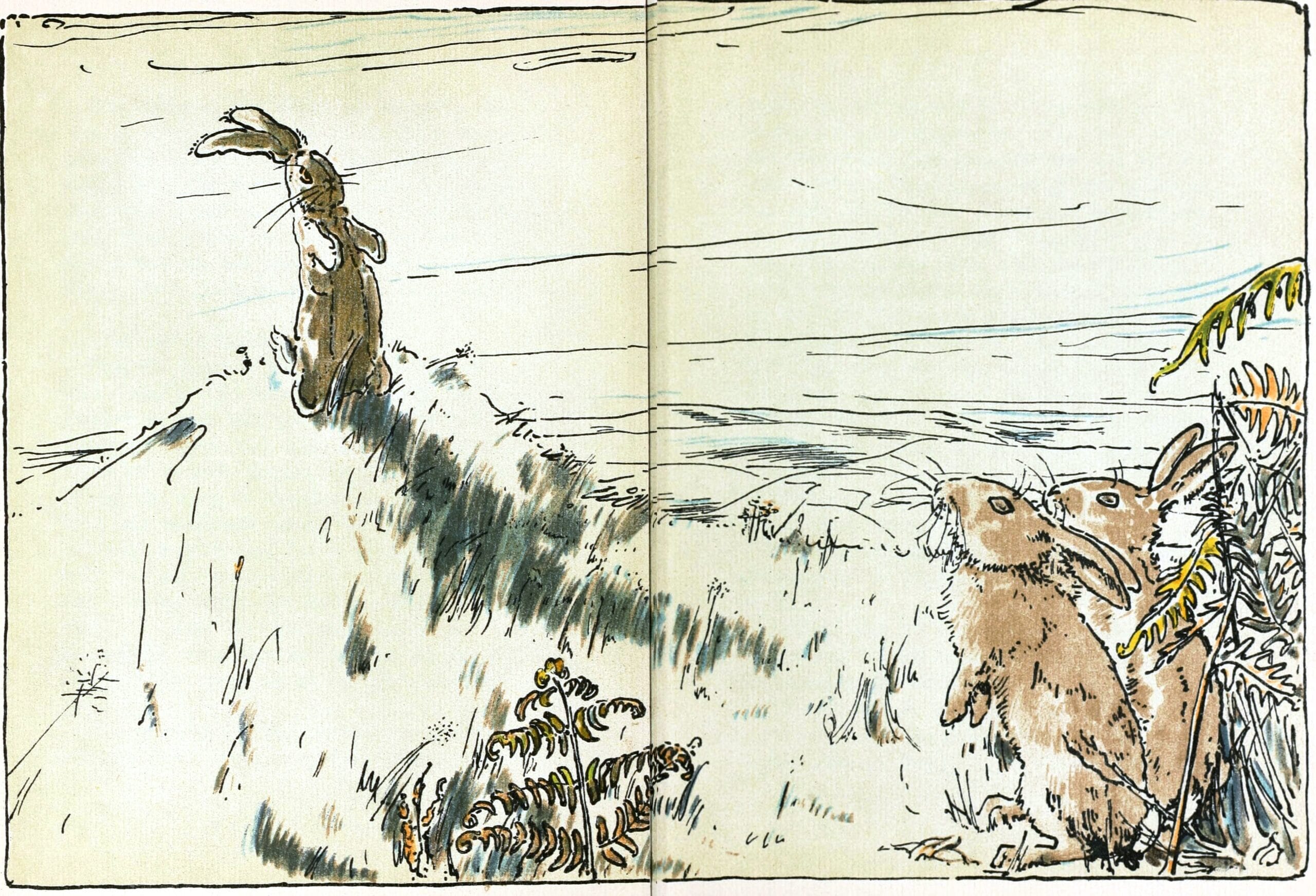
The Velveteen Rabbit is a classic children’s story about a toy longing to become real. It explores the transformative power of love and the desire for recognition.
The story questions what it means to be ‘real’ and suggests that love makes something real, even if inanimate. The most loved toys are played with the most, reflecting sacrifice and the cost of love. The Skin Horse’s quote, “When you are Real you can’t be ugly, except to those who don’t understand,” raises questions about beauty, love, and understanding.
Zero – Kathryn Otoshi
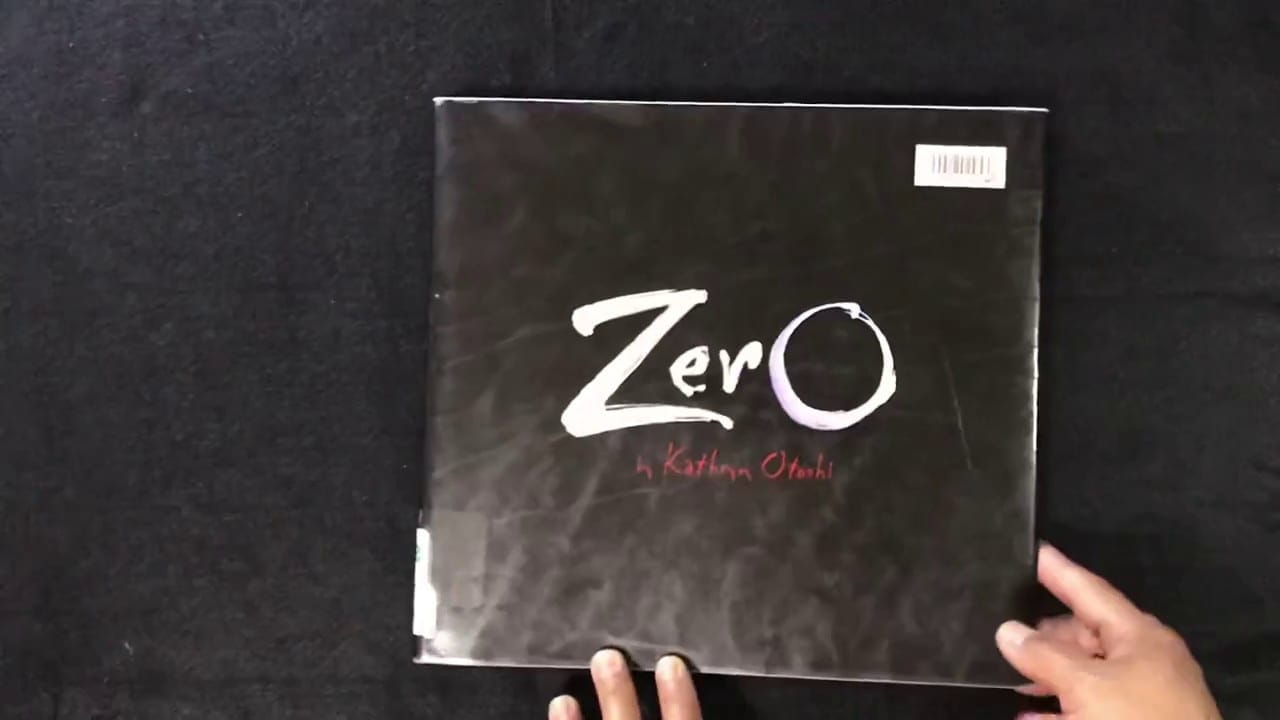
Kathryn Otoshi’s Zero teaches a profound lesson about self-worth. It conveys that every person matters, regardless of their differences.
Zero feels empty and questions her value. She learns that she has value and concludes happily. Philosophically, the story considers whether nothing can have value. Zero is meaningless alone but gains value alongside other numbers, highlighting theirs. We each have merit alone, but fulfillment comes from interactions. The story’s moral is uniquely valuable: embrace your self-worth and recognize the value in everyone around you.
Winnie the Pooh – A.A Milne
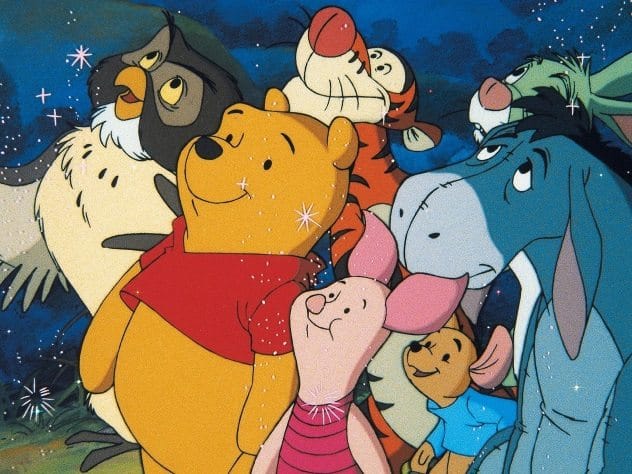
Winnie the Pooh and his friends in the Hundred Acre Wood are beloved characters known for their insightful adventures. Despite some criticism, the stories are delightful and well-written.
The characters constantly battle their flaws. Pooh overeats, Eeyore is depressed, Piglet suffers from anxiety, and Tigger has ADHD symptoms. The message is about the enduring bond of friendship and love, existing between flawed individuals. Empathy and understanding can make all the difference, making Winnie the Pooh an enduring testament to acceptance of oneself and others.
If You Give a Mouse a Cookie – Laura Numeroff
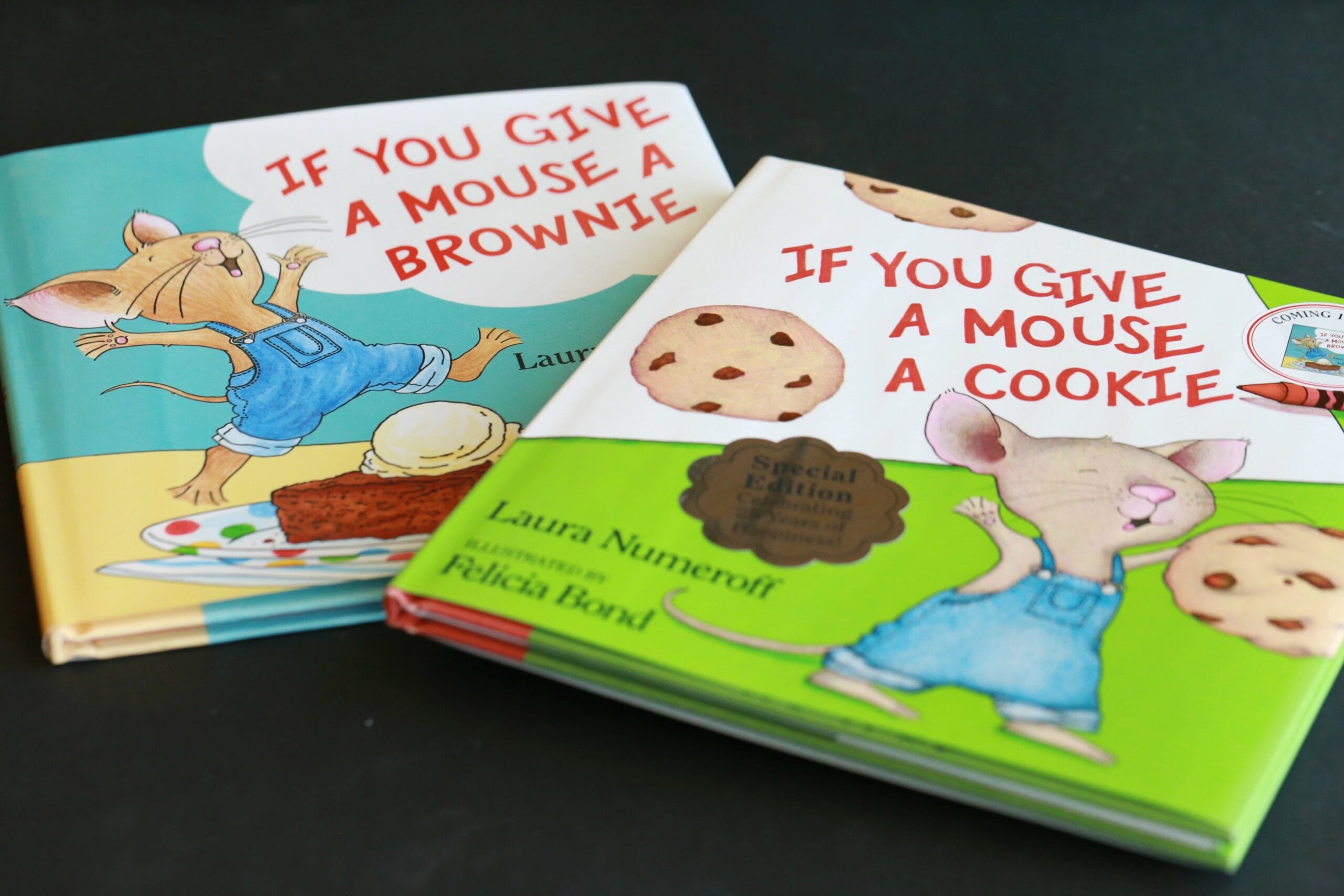
Laura Numeroff’s If You Give a Mouse a Cookie teaches cause and effect and unintended consequences. Beneath its fun exterior lies a powerful lesson.
The plot involves a boy giving a mouse a cookie, leading to a series of requests. This simple act leads to numerous tasks, illustrating how our smallest actions have consequences. We cannot foresee all outcomes, but we are responsible for our actions. Adults may think of the saying about no good deed going unpunished, while children enjoy the mouse’s exploits. The book is delightful for all.
The Little Prince – Antoine de Saint-Exupéry
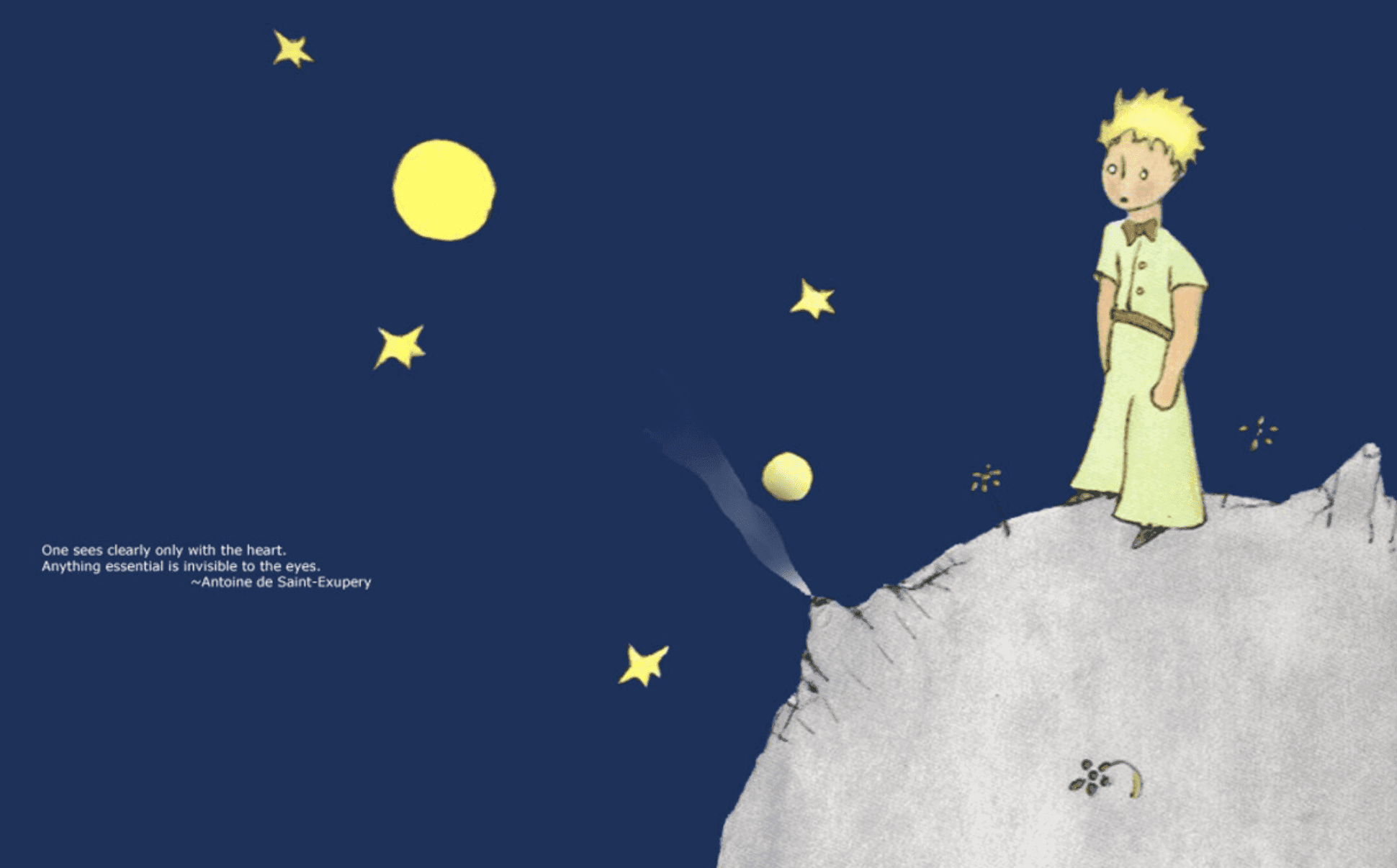
The Little Prince is a beloved French book and one of the greatest children’s stories ever written. Inspired by Antoine de Saint-Exupéry’s wartime experiences, it’s a magical tale packed with life lessons.
The story follows an aviator who crashes in the desert and meets the Little Prince. At heart, it’s a fable of war, showing how love eases the turbulence of conflict. It teaches the importance of caring for the environment, the bond between humans and animals, and appreciating fleeting moments. The Little Prince is a timeless classic with profound impact.










